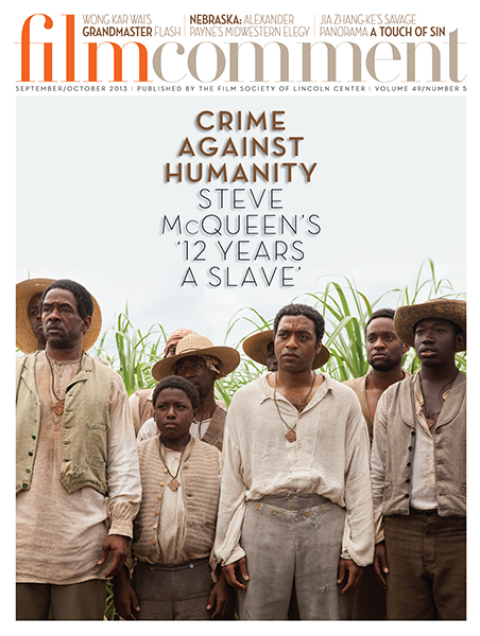
If you’re obsessed with cinema, Harry Dean Stanton probably has something to do with it. The man’s genetic material, thanks to his appearance in over 200 films, is woven deep into a half-century of movie history. Twenty years ago, first-time director Sophie Huber met Stanton in a bar in West Hollywood. Her documentary is equal parts existential lament and intimate revelation. Often Stanton’s responses to her questions act as conversation stoppers. He sees no need to elaborate; his pauses seem eternal.
Huber enlists David Lynch, and things perk up—a bit. One brief exchange may get to the heart of the matter. Lynch: “How would you describe yourself?” Stanton: “There’s nothing. There is no self.” Lynch: “How would you like to be remembered?” Stanton: “It doesn’t matter.” Lynch: “What were your dreams as a child?” Stanton: “Nightmares.”
In addition to Lynch, Sam Shepard, Kris Kristofferson, and Wim Wenders chime in. Much time is spent in Stanton’s modest Hollywood home, and many clips (with perhaps a little too much emphasis on Paris, Texas) are edited into the mix. But the spine of the film is a series of superb black-and-white interludes in which Stanton simply sings for the camera. His take on such classic Americana as “Blue Moon” and “Everybody’s Talkin’,” or “Danny Boy,” will overwhelm you, not so much because he sings so well, but because during these moments Stanton finally reveals himself in all his fragility. For any fan, this is mandatory.








